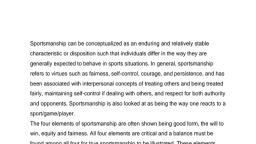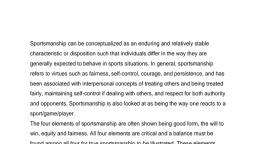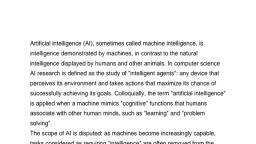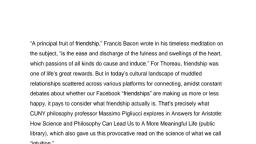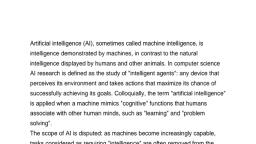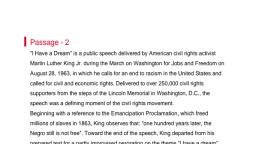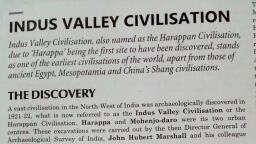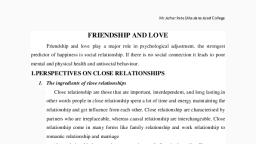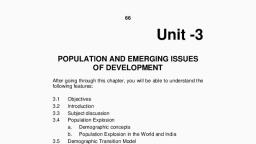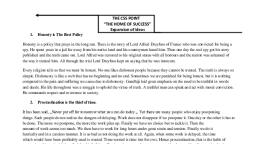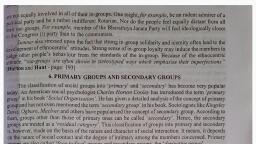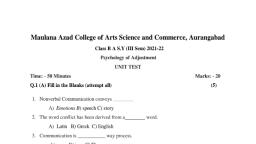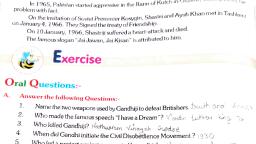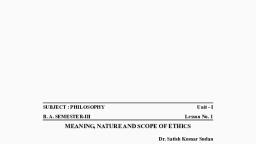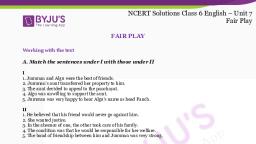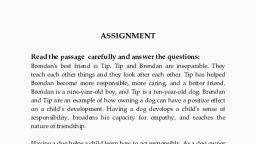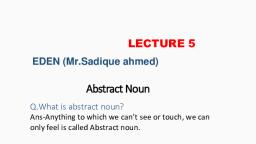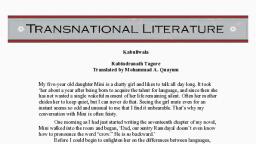Page 1 :
“A principal fruit of friendship," Francis Bacon wrote in his timeless meditation on, the subject, “is the ease and discharge of the fulness and swellings of the heart,, which passions of all kinds do cause and induce.” For Thoreau, friendship was, one of life's great rewards. But in today’s cultural landscape of muddled, relationships scattered across various platforms for connecting, amidst constant, debates about whether our Facebook “friendships” are making us more or less, happy, it pays to consider what friendship actually is. That's precisely what, CUNY philosophy professor Massimo Pigliucci explores in Answers for Aristotle:, How Science and Philosophy Can Lead Us to A More Meaningful Life (public, library), which also gave us this provocative read on the science of what we call, “intuition.”, , Philosophers and cognitive scientists agree that friendship is an essential, ingredient of human happiness. But beyond the dry academic definitions — like,, Say, “voluntary interdependence between two persons over time, which is, intended to facilitate socio-emotional goals of the participants, and may involve, varying types and degrees of companionship, intimacy, affection and mutual, assistance” — lies a body of compelling research that sheds light on how,, precisely, friendship augments happiness., , The way friendship enhances well-being, it turns out, has nothing to do with, quantity and everything to do with quality — researchers confirm that it isn't the, number of friends (or, in the case of Facebook, “friends"), , Q1.Name one change effected in the present situation which hassled to a, re-thinking of the concept of friendship, , 1)Bacon and Thoreau’s theories are no longer available to read, , 2)The arrival of social media on the scene, , 3)There is more interest in the sciences, , 4)Friendships are not possible in the real world anymore, due to over-competition
Page 2 :
Q2.Friendship leads to happiness. Is it true?, , 1)Yes, researches have proven that friendship does lead to happiness, 2)No, there is no relationship between friendship and happiness, 3)Friends cannot make each other happy, , 4)One needs to find one’s happiness alone, with peace of mind, , Q3.Did Pigluicci’s book discuss intuition too?, 1)No, it only discussed friendship, , 2)It explained science and philosophy, , 3)It discusses Aristotle's theories, , 4)Yes, , Q4.Is the quality of friends important?, , 1)No, it is important to have more number of friends, quality does not matter, 2)No, number of comments on social networking sites is important, not the, quality of friends, , 3)Yes, it matter, , 4)No, quality comes automatically with quantity, , Q5.As per the first, paragraph what are the debates about?, , 1)They are centred around whether our Facebook friends are helping us become, more or less happy, , 2)There are no debates around friendship, , 3)The quality of comments of social media is debatable, , 4)Thoreau and Aristotle's thinking is at loggerheads

